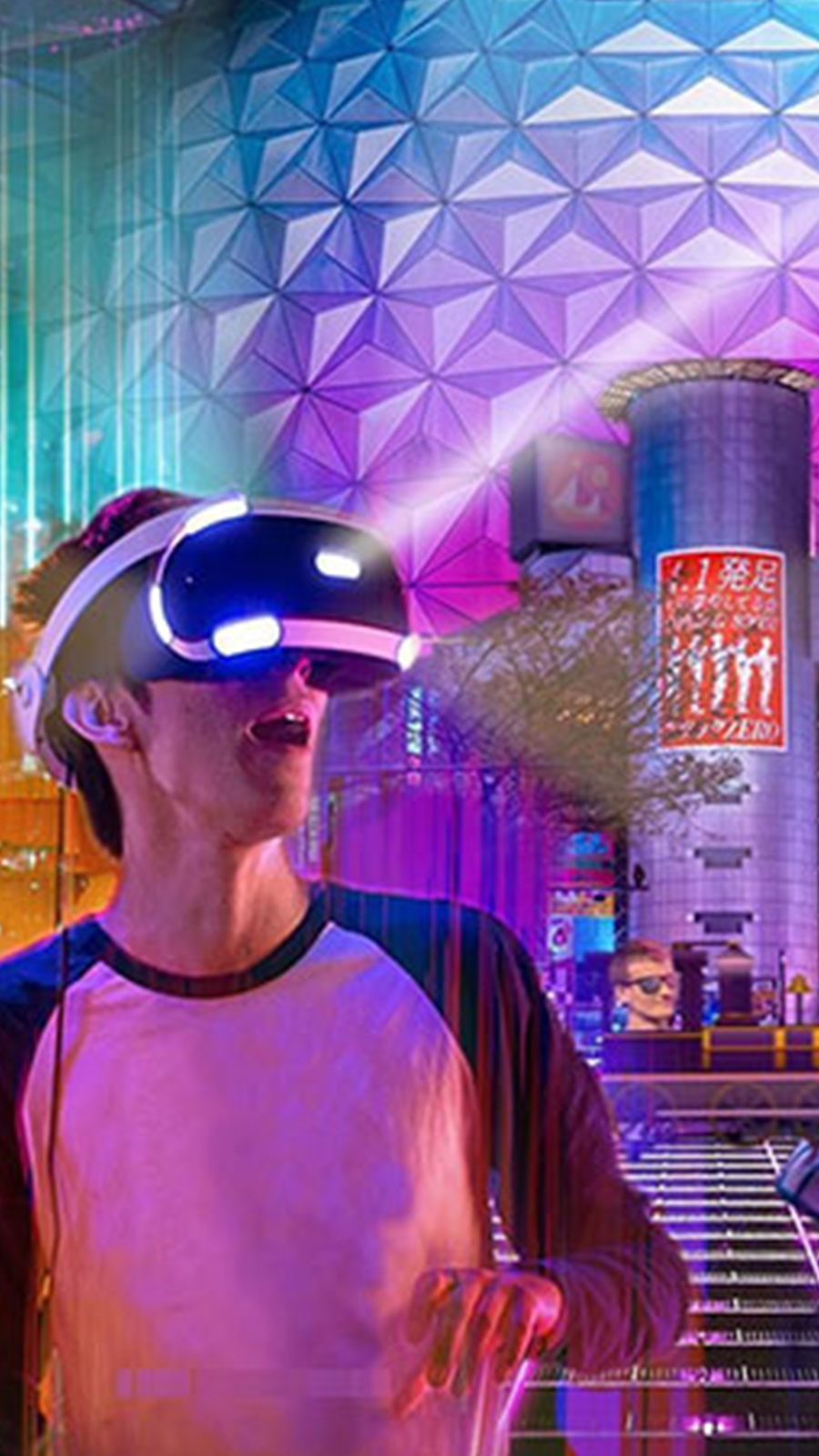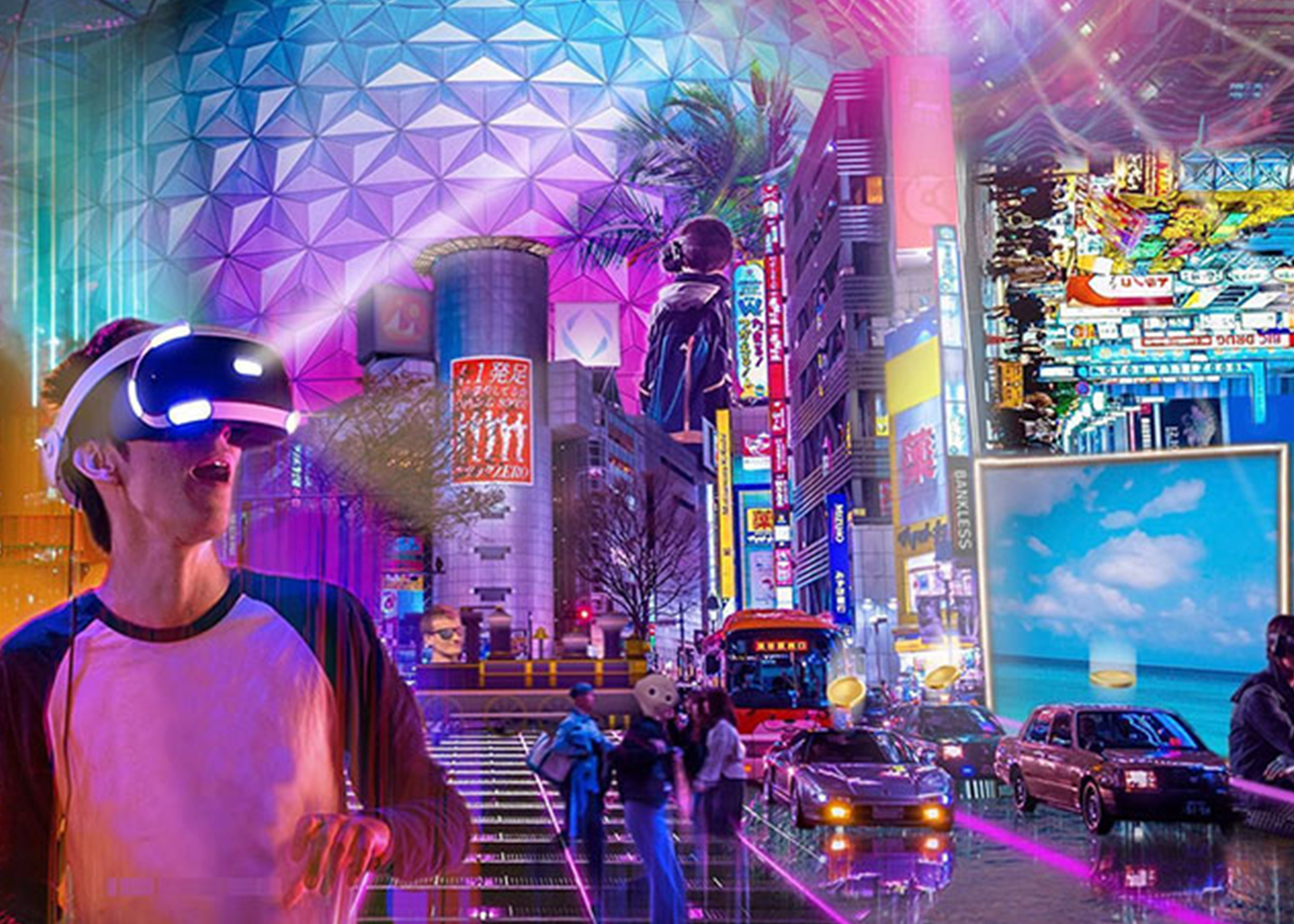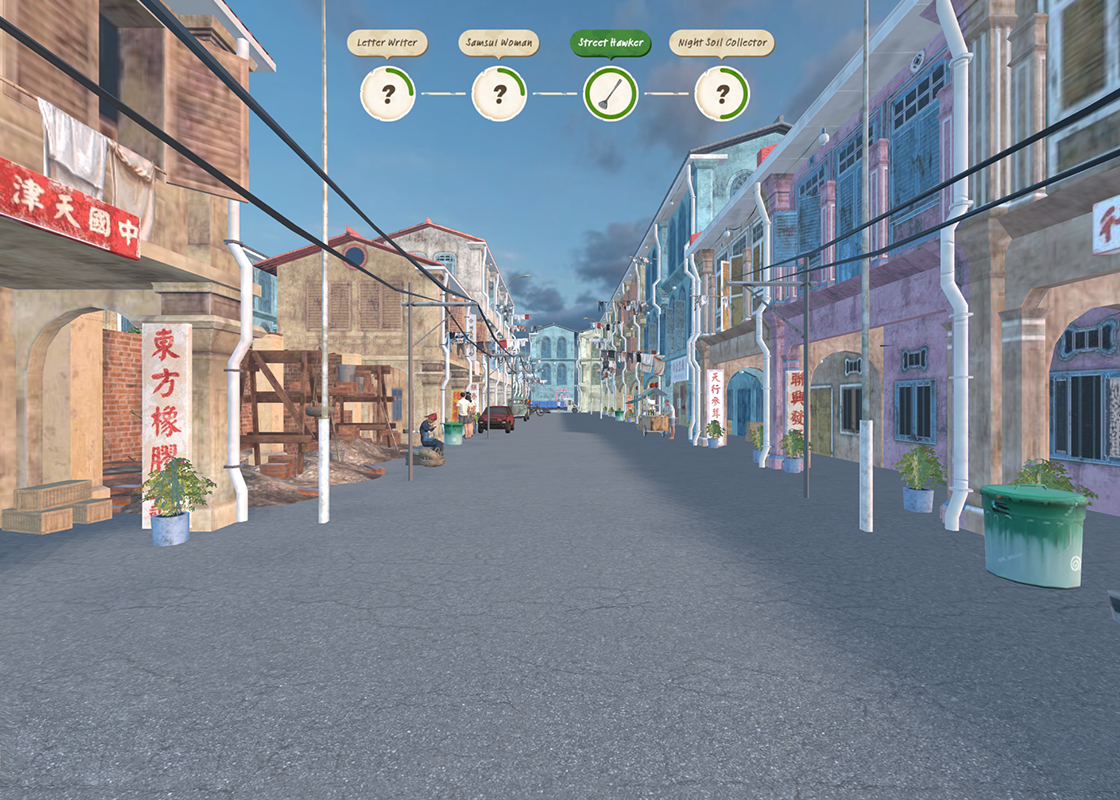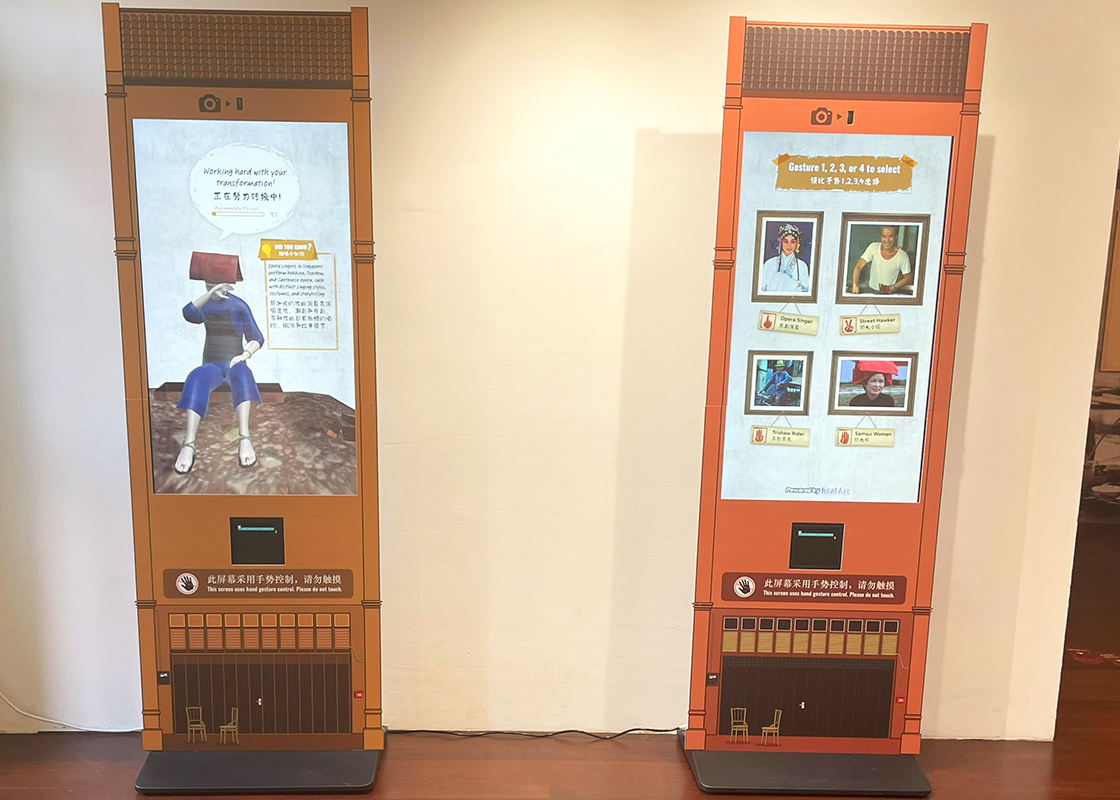Published April 11, 2022
Retail And The Metaverse: The Time Is Right For Exploration
Discussions about metaverse are aplenty ever since Facebook’s CEO – Mark Zuckerberg, announced his decision to rename his Facebook empire to Meta and revealed his billions of dollars investment plans in the new arena last October. From tech giants like Facebook to Microsoft, literally everyone is embracing the Metaverse today.
What The Metaverse Means For The Future Of Retail?
The metaverse is a fluid concept.
A collective virtual shared space, the metaverse is the perfect fusion of physical, augmented, and virtual reality that may be accessed via the internet. Here, a “virtual world” experience is created by simulating human emotions and gestures. As these experiences are frequently customised according to one’s preferences, this resulted in companies and individuals having a different interpretation of the metaverse.
In our opinion, the metaverse can be essentially categorised into three different levels – The Basic Experience; The Immersive Experience and The Advanced Experience.
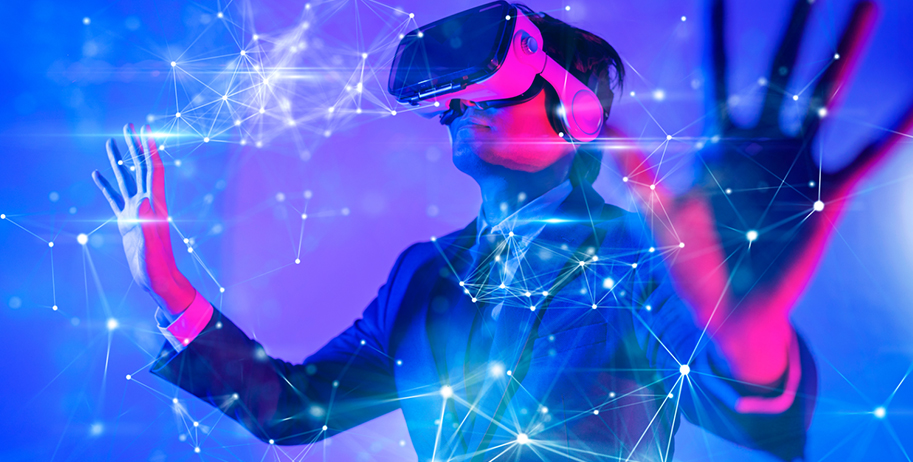
The Three Levels of Retail Metaverse
The First Level (The Basic Experience)
From real to virtual world – Things in the virtual world obey the laws of physics just like the real world. Their characteristics remain the same in both the real and virtual worlds. For example, planes are meant to fly whereas cars are driven on roads; the football can be kicked in different ways with different strengths and angles.
The Second Level (The Immersive Experience)
Users can experience immersive interactions in the same way as they do in the real world with the help of wearable devices like VR/XR technologies, headsets and smart glasses. The user possesses legitimate identity and owns real wealth and assets in the virtual world. The interactions between the real world and virtual world are interlinked as they are represented by their avatar in the virtual world and the user has full control of the avatar from the real world. This level is also the metaverse that most people understand.
The Third Level (The Advanced Experience)
In the previous two levels, we talked about how we can elevate our experiences from real world to the virtual world. However, the third level focuses on the direct opposite.
In the third level, we want to talk about how events and consciousness from the virtual world can be possibly transferred to the real world, and benefit it. The following two situations are perfect examples.
For instance, imagine the entire consciousness, characteristics and behavior of your pet in the virtual world can be “uploaded or transferred” into a real-life animal in the real world through Elon Musk’s Neuralink Technology.
Another excellent example of how virtual reality can benefit the real world is that of multiple doctors collaborating to perform an operation on a patient in a simulated environment. The whole process is learned by the AI collectively in the big data. The analysed procedures will be then be performed by surgical robots in the real world. This also allows the surgery to be repeated successfully many times without human error.
Retail Business Applications in Metaverse
The diverse possibilities of Metaverse not only allow consumers to have new ways to experience an otherwise mundane routine, but also allow retail businesses to redefine their business strategies.
The First Level
A one-way projection from reality to the virtual world (VR) that involves only experiential consumption, consumers can manually experience scenarios that cannot or are inconvenient to experience in the real world through technology. Common scenarios include online games and scene simulations such as online travel, house inspections, flying planes.
Whether it’s warehouses, retail sites or stores, VR can be used by retailers to address some of the challenges they face today. VR is particularly useful when visiting a physical store is not possible, and the COVID-19 pandemic has also given retailers the opportunity to discover the value that VR can create, with examples coming from Ikea, Alibaba, Amazon and more. Giving customers the ability to visualise products in their own homes was a lifeline for furniture companies and cosmetics retailers whose stores were closed during nation-wide lockdowns due to uncertainties arising from the pandemic.
The Second Level
Thanks to the mapping of identity and wealth, plus the blessings of blockchain NFT technology, virtual products such as NFT virtual artworks (celebrity endorsed songs, signed photos, and metaverse real estate) are becoming a booming trend that will continue to grow.
As hardware, network and AI technology advance, we see more IoT devices in the market like smart wearable devices. VR game halls are also increasingly becoming popular. Software applications and VR games will get more complex and immersive in the homes of individual consumers in the future.
The Third Level
Higher demands for technology, network and big data computing capabilities will be required for this level. The collaborations with wearable technology and AI robots will be a tremendous help in executing commercial solutions such as telemedicine, remote collaborative construction projects, and remote coordinated art creation. In addition, we also foresee certain moral and ethical issues which may require talents to put their imagination to good use, in order to deal with the technical, legal, moral and other issues that will undoubtedly arise.
How Does Metaverse Affect The World, Especially Retailers?
Since its introduction to the world, there have been constant hot debates pertaining to Metaverse. While a certain population is convinced that the Metaverse is the future of mankind, there are many others who feel that Metaverse is the beginning of mankind’s demise.
This can be evidently seen when Facebook’s CEO, Mark Zuckerberg announced that Facebook would be renamed Meta. Market results in February 2022 have shown that Meta’s stock dropped from USD$350 to around USD$200, which is a drop of 40%.
Is this a sign of Wall Street’s inherent distrust of Meta or a trap like the previous popular unmanned stores concepts and business models?
We foresee that the future of human beings and its generation to come will either live in a world of interstellar civilization or one that focuses on virtual world. It would be a disaster should humans lived in a highly realistic virtual world before space civilization is realized.
To prevent this from happening, we think that resources should be dedicated on the development of the third level. The legal and ethical issues that come with its usage should also be resolved. Proper planning on matters of such nature will allow mankind and retail technology practioners to benefit greatly from the vast opportunities it provides in the long run.
Our Reader’s Appreciation
Thank you for reading this blog! As an appreciation for our readers, you can collect a $2 GrabFood voucher here: https://www.retailtechnpn.com/sg/bp7 Please help to like, share, and leave any comments you have below. Stay tune for more of our blog content. Thank you!
digitaltransformationmetaMetaverseretailretailmetaverseretailtechnology







